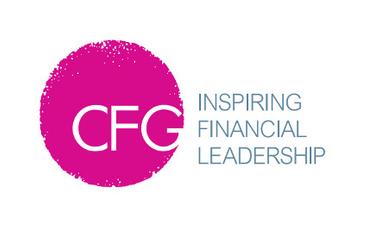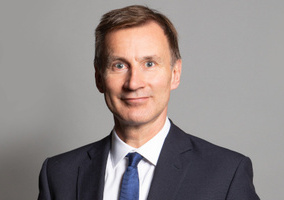Charity Finance Group (CFG) has recorded its fourth successive annual deficit after a “challenging” few years, narrowly missing its target to break even.
CFG said in its latest annual report that it ended the year to March 2023 with a deficit of £4,166 “almost meeting its objective to eliminate its deficit in the 2022-23 financial year”.
The membership organisation reduced its deficit for the third year in a row from £87,165 in 2021-22, £159,396 the previous year, and £203,853 the year before that.
“We have again been supported most generously by five grant makers, all of whom gave us the support [totalling £89,500] we needed to reach out to many more organisations and individuals during the year,” CFG wrote in its report.
“Their belief in our purpose empowered us to deliver our high-quality programmes to members.”
‘There will be a further rebuilding of reserves’
CFG has around 1,500 member charities and raises nearly all of its income through membership fees, sponsorship and delegate fees.
In 2022-23, its total income rose to £1.51m, an increase on the £1.28m recorded in 2021-22.
Income from trading activity grew from £3,000 to £132,012, while income from charitable activity increased from £1.06m to £1.27m.
Meanwhile, its total expenditure rose by 11% from £1.36m to £1.52m, “reflecting the recovery from the effect of the pandemic on CFG’s operations”.
The charity’s free reserves stood at £177,895 at the end of 2022-23, up from £158,497 the year prior.
Its report says: “Current estimates of our net income for the 2023-24 financial year show a continuation of the positive movement, which will mean that there will be a further rebuilding of reserves.”
‘Operating conditions remain difficult’
Writing in the report, director of finance and operations Rui Domingues, said that “the past three years have been among the most challenging many of us at CFG have ever seen, not only in terms of the financial challenges that our organisation and the sector are facing, but the impact on our people”.
Domingues said that CFG’s decision to close its office in London in 2022-23 and move to fully remote working, coupled with a decision to outsource the finance function, helped the charity reduce its structural deficit.
“Operating conditions remain difficult, and recovery takes time, but I’m confident that we’re now heading towards a period of renewal that will secure CFG’s future for the next 35 years. We’re looking ahead with optimism,” he added.
‘Our funders made an enormous difference’
Chief executive Caron Bradshaw said that CFG has “remained resilient during an incredibly difficult year”.
“As we entered spring 2022, we knew that we were facing a range of challenges; the impact of the pandemic continued to cast a shadow, the cost-of-living crisis and high inflationary environment started to bite hard, and we were still grappling with a completely new way of working.
“But once again, we have not only seen the tireless commitment of our trustees, staff and volunteers, we also recognise the unstinting support and engagement of our members and partners. We’re extremely thankful to them.”
Bradshaw added that CFG’s funders made “an enormous difference”, recognising infrastructure and umbrella bodies’ “vital role in the health of civil society at a critical time”.
“As well as supporting specific charitable activities, they have also committed to supporting operating costs.
“For charities, this can mean the difference between guaranteeing a future where we can deliver real impact for our communities, or failure.
“As ever, we’re incredibly grateful to our funders who have truly empowered our purpose of putting finance at the heart of good decision-making.”
Related articles












